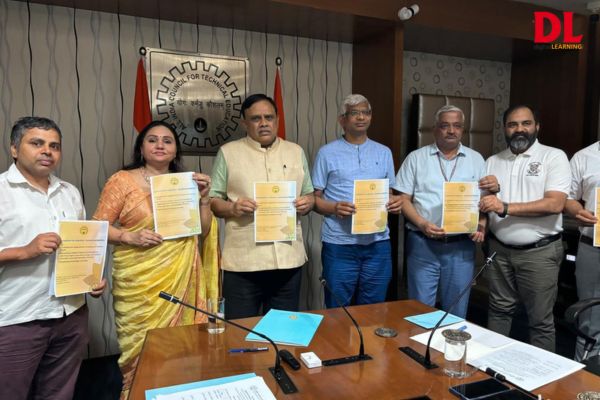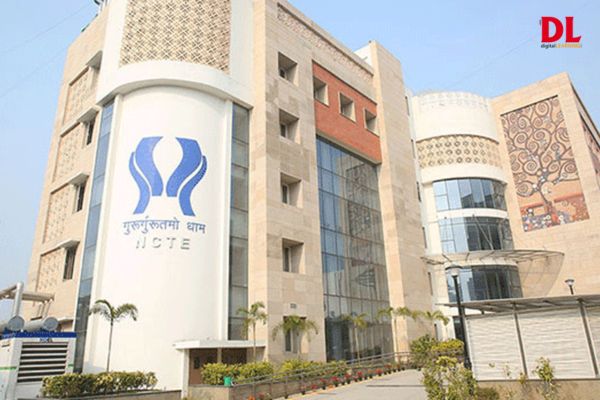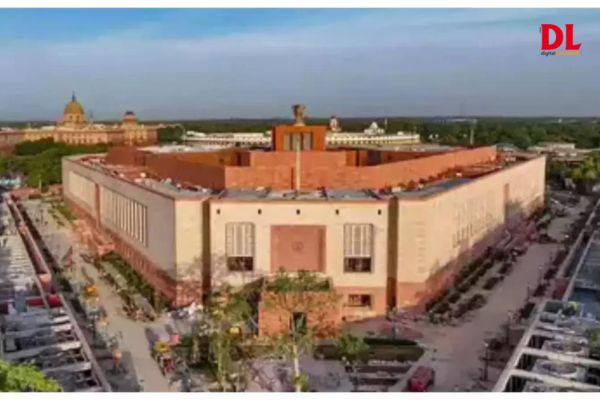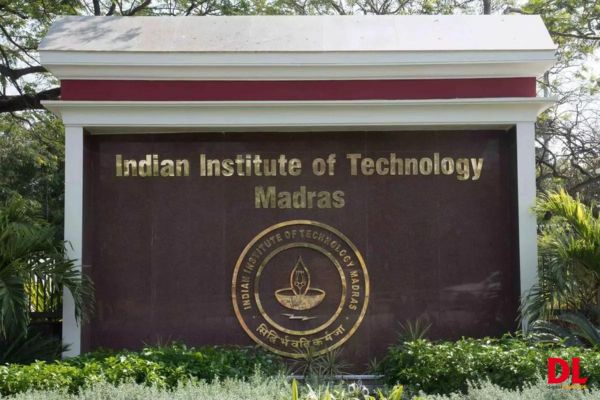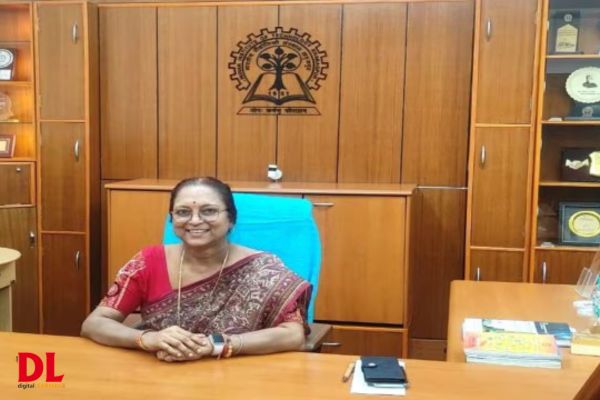In a significant move aimed at narrowing the gap between academic theory and practical application, the All India Council for Technical Education (AICTE) has introduced a set of guidelines to promote industry-academia mobility. Unveiled by AICTE Chairman Prof. TG Sitharam, these guidelines are designed to foster stronger linkages between educational institutions and the industry, enhancing the overall academic experience.
The new guidelines include introducing Professors of Practice (PoP), Associate and Assistant PoPs, and increased mobility of women PoPs under the BHARATI (Boosting Higher Education through Assimilation of Resilient and Talented Indian Women) initiative. These measures aim to facilitate knowledge exchange and bridge the gap between theoretical knowledge and practical application.
Prof. TG Sitharam, while unveiling the guidelines, stated, “This comprehensive framework underscores our commitment to excellence in higher education and fostering strong, sustainable linkages between academia and industry. The role of the Professor of Practice bridges the gap between theoretical knowledge and practical application, enriching the academic environment with real-world insights. Encouraging the appointment of Women Professors of Practice is a significant step towards gender equality in higher education and the professional sphere. These guidelines promote gender diversity, inclusivity, and seamless industry-academia collaboration, ensuring meritocracy remains central.”
AICTE plans to support this initiative by funding Professors of Practice. Prof. Sitharam announced that AICTE would remunerate 100 women PoPs under the BHARTI initiative. This scheme aims to help distinguished professionals and industry experts, especially those with career breaks, successfully re-enter the workforce.
AICTE Vice Chairman Dr Abhay Jere highlighted the challenges in acquiring the required 15 years of experience for the Professor of Practice role. To address this, AICTE has introduced the roles of Associate Professors of Practice and Assistant Professors of Practice. “These additional roles will ensure that a broader range of experienced professionals can contribute to our academic environment,” said Dr. Jere.
Dr. Jere also praised the committee, led by Prof. G.D. Yadav and the Policy and Academic Planning Bureau of AICTE, for their dedicated efforts in preparing the comprehensive guidelines. The framework balances the inclusion of industry expertise with the academic rigour required for educational institutions.
Also read: Internshala & AICTE Join Forces To Provide Internships & Enhance Student Skills
The press release emphasised that appointing Professors of Practice is crucial for bridging the gap between theory and practice in higher education. These professionals help align academic curricula with industry needs, giving students a deeper understanding of how theoretical concepts are applied in real-world scenarios. Their practical experience enhances student employability by exposing them to industry practices, trends, and challenges. Moreover, Professors of Practice bring valuable industry connections, offering students internship opportunities, mentorship, and job placements.
The mobility of professionals between academia and industry is essential for creating a dynamic and conducive educational environment. This bi-directional flow facilitates knowledge transfer, with industry professionals bringing practical insights to academia and academics applying their research to real-world problems.
This initiative by AICTE marks a significant step towards creating a more integrated and practical educational framework, ensuring that students are better prepared to meet the demands of the industry.









